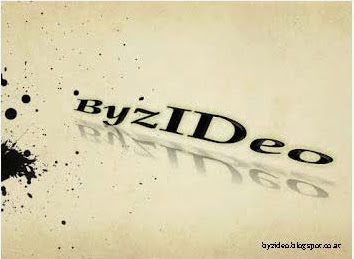Vienna, September 1-2, 2014
Abteilung für Byzanzforschung/Division of Byzantine
Research
Convened by
Erich Trapp (erich.trapp@assoc.oeaw.ac.at)
Andrea Massimo Cuomo (andrea.cuomo@oeaw.ac.at)
Sponsored by the FWF Austrian Science Fund (P – 23912
G19) and the Division of Byzantine Research (Vienna)
Even though ‘Style switching’, ‘Levels of style’, ‘Mimesis’ and ‘Intertextuality’ are familiar concepts to scholars of Byzantine philology, and have been explored as signs of a Byzantine author’s education (or lack of it), their pragmatic function has not drawn enough attention from modern scholars. Moreover, the target audience and the active role that it played in shaping texts have not been sufficiently appreciated.
This conference aims to approach late Byzantine
history wr iting from a sociolinguistic point of view, which implies that even
written literary texts have to be considered as a product of the relationships
linking an author, his communicative purpose, the sociocultural context and his
target audience. The workshop will focus on the reception of the milestones of
historical sociolinguistics – from Romaine 1982 to Eckert 2012 – in the field
of Byzantine philology and will address the challenging questions of whether
and how the actual scientific debate in (historical) sociolinguistics may
influence the hermeneutic of medieval Greek literature.
On the basis of examples from late Byzantine
historiographic works, papers presented in sessions I–I I show and analyse
possible causal links between linguistic choices (i.e. vocabulary,
intertextuality, allusions, style) made by Byzantine historians and the
sociocultural contexts (i.e. schooling systems, cultural trends, political and
religious debates etc.) in which they and their target audience(s) lived. More
concretely, the following questions will be addressed: a. Does the choice of
vocabulary, level of style, etc. imply a pragmatic function? b. Is it possible
to analyse the communicative effectiveness of a historiographical text (i.e.
its effect on the target audience)? c. Is it possible to find causal links
between an author’s linguistic choices and his educational path / communicative
purpose / target audience? d. Can we consider the way in which a historical
text has been written as the product of its social, political and historical
context? And if so, how should we do this?
A sociolinguistic approach to textual interpretation
must address the common cultural framework that authors and their audience(s)
shared. Papers presented in session II I will focus on the perception of
different levels of Greek in the Palaeologan era on the basis of contemporary
witnesses and will present case studies in which sociolinguistic theories have
been successfully applied. Sessions IV–V will focus on linguistic and
lexicographic resources, classical education and book culture in Palaeologan
Byzantium.









